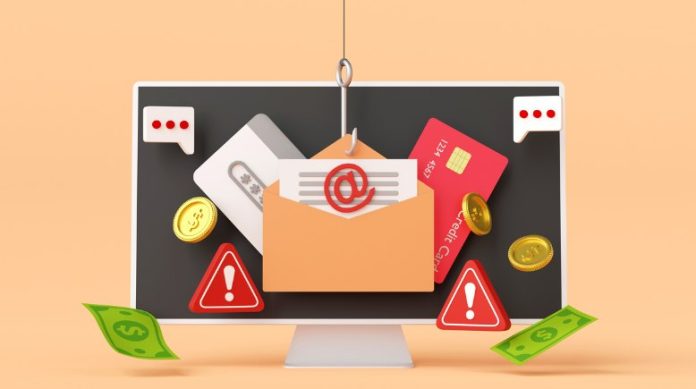This past week, a phishing email was disseminated in the Macedonia community. These emails are an attempt to gain person information by requesting some form of user interaction. Remember to follow these tips and tricks to identify phishing scams:
Phishing emails are fraudulent messages that attempt to trick you into revealing your personal or financial information, such as passwords, bank accounts, or credit card numbers. They often look like they come from legitimate sources, such as your bank, your employer, or a familiar website. However, they are designed to lure you into clicking on malicious links, opening infected attachments, or providing sensitive data. Phishing emails can cause serious harm to your identity, privacy, and security.
To protect yourself from phishing emails, you should always be cautious and vigilant when opening or responding to any email. Some signs of a phishing email are:
- The sender’s address or domain name is unfamiliar, misspelled, or mismatched with the content of the email.
- The email contains grammatical errors, typos, or poor formatting.
- The email asks you to verify, update, or confirm your personal or financial information, or to make an urgent payment or donation.
- The email contains links or attachments that you are not expecting or that look suspicious.
- The email creates a sense of fear, urgency, or pressure to act quickly.
If you receive a phishing email, you should not click on any links, open any attachments, or reply to the sender. Instead, you should delete the email immediately. If you entered your information into a prompt you believe to be malicious, you should also change your passwords and monitor your accounts for any suspicious activity. By following these steps, you can help prevent phishing emails from compromising your online safety.
-City of Macedonia Facebook page






















